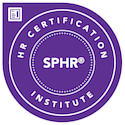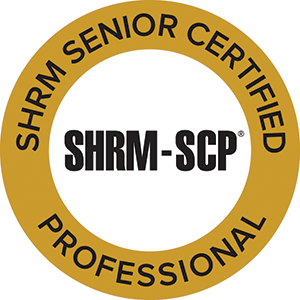This is the time of year when many organizations conduct what is often referred to as the “dreaded annual performance review.” For many years, leaders and HR professionals have been talking about revamping the traditional process that only 28% of organizations say “positively impacts business indicators.” (according to a Brandon Hall report)
The COVID-19 pandemic has reignited the need to transform the process. And the trend is pointing toward a more simple, agile, timely and inclusive approach to performance management.
So how do we make the process more valuable to the employee and to the business?
Keep it simple. It’s been a challenging year for everyone. Health concerns. Uncertainty in the economy. Adapting to a new way of working. Juggling pressures at home and at work. The goals set prior to the pandemic may no longer apply. Forget the ranking and rating and lengthy narratives. Have a conversation. What’s going well? What’s not working? What’s needed in terms of additional support, additional training, additional effort?
According to the Brandon Hall report, the top performance management priorities for managers in 2021 are the quality of manager check-ins with employees to provide feedback and coaching and the frequency of those manager check-ins.
Make it timely. Waiting until the annual performance review date to manage performance is a disservice to employees and to the company. Make performance management an ongoing activity. Especially now when so many are working from home, it’s even more important to schedule regular 1:1 meetings to discuss challenges and opportunities. Take a holistic, empathetic approach, recognizing that the current crisis may be impacting performance.
Consider making performance reviews and compensation reviews separate. It may be tempting this year to forgo performance reviews because you are not in a position to adjust compensation. But here’s the thing. Employees want and need to know how they are doing. On a regular basis. And they are more likely to look forward to and engage in those discussions if they are not distracted by thinking about their potential raise. Of course, if you make this change, be sure to communicate it in advance to employees.
Performance management should be a process, not just an annual event. COVID-19 has shown us that businesses and leaders need to be agile, and able to quickly adapt as circumstances change. Transitioning to a performance management process that is simple, timely and consistent is a step in that direction.
Tune in next time when I’ll give some specific examples of simple performance management tools and share why it’s so important to create development plans as part of the process.



